Much of Taiwan’s confidence in its future will derive from the actions and decisions of its leaders and people. But outside powers, including the United States can also play an important role. The stronger of a partner Taiwan becomes to more countries around the world, the higher the risks and costs will be to Beijing of any attempts to impose alterations to the status quo. This piece originally appeared in the Taipei Times.
Comparing the treatment of Taiwan in the 2017 White House National Security Strategy with the 2021 Interim National Security Strategic Guidance provides a subtle but potentially significant insight.
The 2017 strategy document stated, “We will maintain our strong ties with Taiwan in accordance with our ‘One China’ policy, including our commitments under the Taiwan Relations Act to provide for Taiwan’s legitimate defense needs and deter coercion.” The emphasis of this statement is on security, reflecting the Trump administration’s abiding concern about threats to Taiwan.
The Biden administration’s interim strategy document, released this month, stated, “We will support China’s neighbors and commercial partners in defending their rights to make independent political choices free of coercion or undue foreign influence… We will support Taiwan, a leading democracy and critical economic and security partner, in line with longstanding American commitments.”
Although the commitments that the document referenced were not spelled out, they presumably are shorthand for the Taiwan Relations Act and the United States Six Assurances to Taiwan. These assurances, provided by the Reagan administration to then-president Chiang Ching-kuo (蔣經國) in 1982, sought to dispel concerns that Washington would negotiate with Beijing over matters relating to America’s support for Taiwan. The Six Assurances have evolved into policy norms that successive administrations have followed consistently.
There are limits, of course, to lessons that can be drawn from comparing two strategy documents published four years apart. Much has changed over the past four years. US-Taiwan relations have strengthened in key areas just as US-China and cross-Strait relations have deteriorated and Beijing has trampled Hong Kong’s autonomy.
Nevertheless, the 2017 strategy document reveals a security-centric focus on Taiwan, whereas the 2021 document refers to Taiwan as a security, economic, and democratic partner. This broadening of the frame in which Taiwan is viewed in Washington likely reflects an evolution in how Washington is evaluating risks and opportunities relating to Taiwan.
Even as the risk of Chinese aggression remains real and demands a focused response, deterrence alone is insufficient as an expression of American support for Taiwan. The challenges China poses to Taiwan are broader than the threat of military coercion.
Beijing wants to wear down the psychological confidence of the people of Taiwan in their future. It would prefer to deal with Taiwan alone rather than have to contend with the United States and Taiwan together. Chinese leaders recognize that if they ever initiate a full-scale invasion, or even missile strikes, seizure of offshore islands, or a blockade, they would invite risk of head-on military collision with the United States. The risk of conflict with the United States over Taiwan remains an unattractive option for China’s leaders, particularly given uncertainties about whether escalation could be controlled or if such a conflict could remain geographically confined.
At the same time, Chinese leaders cannot afford any appearance of passivity or acceptance of Taiwan drifting into a state of permanent separation from the mainland. Such a perception would invite harsh domestic criticism for weakness and ineptitude. So, the Goldilocks solution for Beijing, as my Brookings colleague Richard Bush has argued, is to pursue coercion without violence against Taiwan.
Beijing has many tools to pursue this strategy, ranging from squeezing Taiwan’s economy to suffocating its connections to the outside world, intensifying military exercises around Taiwan, and conducting cyber and influence operations inside Taiwan. Above all, Beijing seeks to persuade the people of Taiwan that they are isolated and vulnerable, and that their future security and prosperity can only be assured by Beijing.
A key challenge for the United States and other friends of Taiwan, therefore, is to help the people of Taiwan feel meaningfully and constructively supported, and not isolated and alone to deal with Chinese predation. The more successful Taiwan becomes, the less vulnerable it will feel.
So, for example, it will be important for Taiwan’s leading technology firms to retain their best-in-class status and continue to power the world economy. It also will be vital for Taipei to strengthen its relations with more economic partners, both to further integrate into global value chains and to diversify away from overdependence on the Chinese market. Outside partners also could help fortify Taiwan against coercion short of violence, for example, by further bolstering Taiwan’s cyber defenses for government, military, critical infrastructure, and corporations. Taiwan’s leaders also will need to pursue political compromises among themselves to enable more of society to share in success, both in terms of access to opportunity as well as economic, social, and health benefits.
Much of Taiwan’s confidence in its future will derive from the actions and decisions of its leaders and people. But outside powers, including the United States, Japan, Australia, India, the European Union, Canada, the United Kingdom, and others, can also play an important role. The more that Taiwan displays steadiness in the face of Chinese pressure and contributes solutions to problems beyond its shores, the more attractive of a partner it will become. And the stronger of a partner Taiwan becomes to more countries around the world, the higher the risks and costs will be to Beijing of any attempts to impose alterations to the status quo.
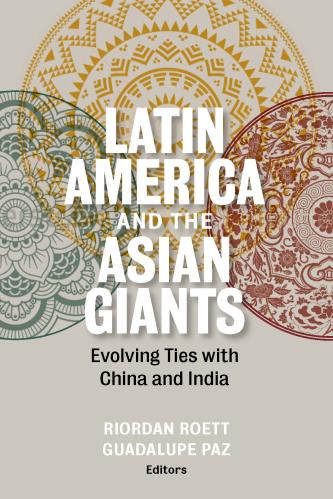
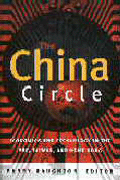
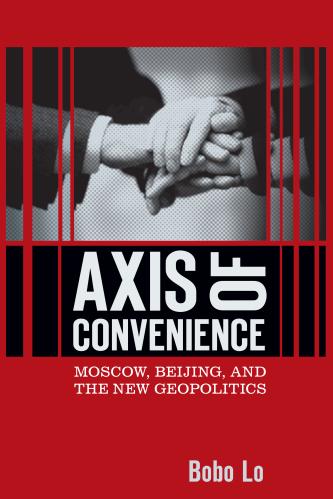

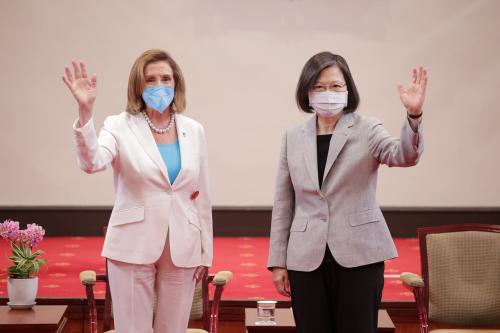




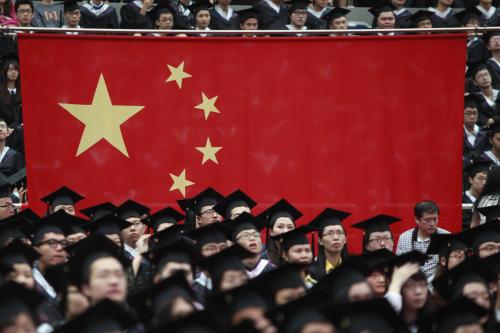
Commentary
A broad view provides the best insight on Taiwan’s strengths and vulnerabilities
March 22, 2021